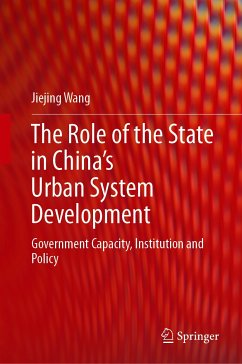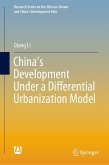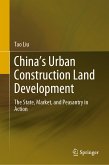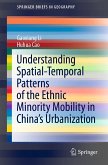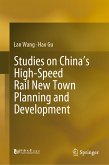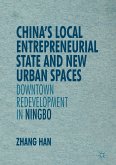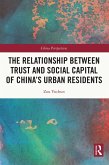The book reveals that the state has largely achieved the goal of its national urban system policy to "strictly control the scale of large cities" resulting in the under-development of the large cities if they are mainly developing according to the market force. However, this has become less influential with the advances toward a market economy. Further, state regulation and policies have reduced the gaps between cities at the top and bottom of the urban hierarchy. The book argues that the Urban Administrative System (UAS) is an important tool for the state to regulate urban system development, and the administrative level has a significant effect on urban growth performance. It contends that China's urban system is strongly shaped by the omnipresent state through the UAS, which hierarchically differentiates between the urban growth processes. By controlling the administrative-level upgrading process, the state can prevent the size and number of cities from increasing too rapidly.
This theoretical and empirical enquiry highlights the fact that the hierarchical power relations among cities and the resulting variations in urban government capacities are the key to understanding the role of the state in China's urban system development in the post-reform period.
Dieser Download kann aus rechtlichen Gründen nur mit Rechnungsadresse in A, B, BG, CY, CZ, D, DK, EW, E, FIN, F, GR, HR, H, IRL, I, LT, L, LR, M, NL, PL, P, R, S, SLO, SK ausgeliefert werden.

